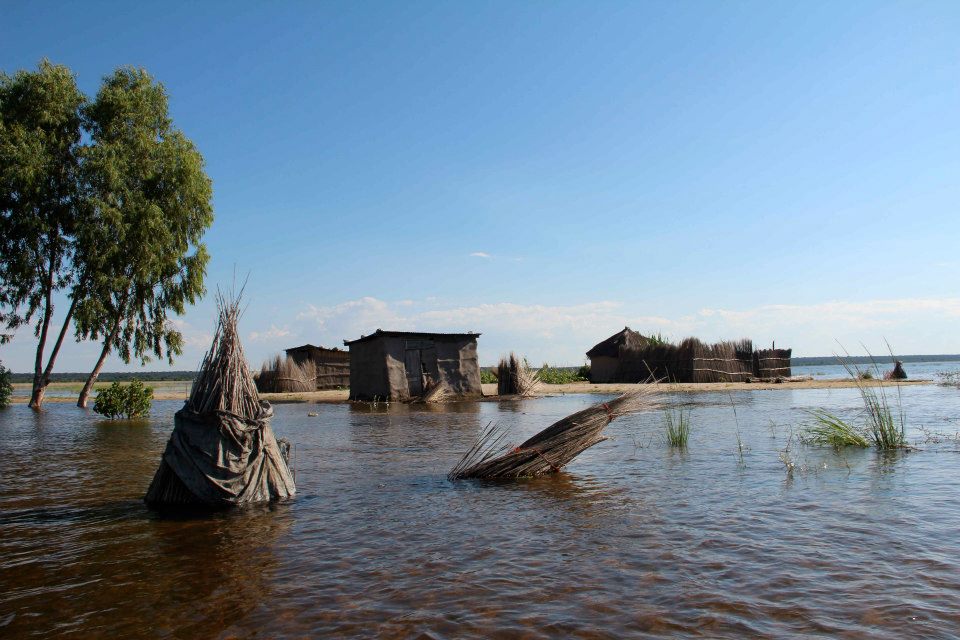Towards Participatory Flood Early Warning for Early Action: A Situational Analysis of Flood Risk Communication in the Zambezi Region, Namibia

Authors: Deolfa Josè Moisès, and Yong Sebastian Nyam, University of the Free State, South Africa.
Flood hazards are complex events with severe consequences, particularly for rural riparian communities that depend on natural resources for their livelihoods. Developing risk communication strategies that prompt effective early action has become a key priority in global hazard risk reduction. Despite significant progress in research and best practices over the past two decades, several challenges persist. Evidence shows that risk communication in developing countries often follows 'top-down' bureaucratic models, overlooking the environmental, economic, and social contexts that shape community access to information and response actions.
This study, using a case-study approach, highlights the benefits of integrating government resources with community capacities to create a two-way, impact-based flood risk communication system tailored to local needs. Findings demonstrate that understanding a community’s social, economic, and environmental dynamics is essential for defining effective risk communication strategies and enhancing response capacity. The study also identifies cost-effective, participatory, and community-centered approaches for improving systems and building long-term resilience.
Read the the executive summary or full paper to learn more.

This research was funded with UK International Development from the UK government. It was part of a multi-country research initiative led by the Global Disaster Preparedness Center of the American Red Cross. Access all final publications here.
